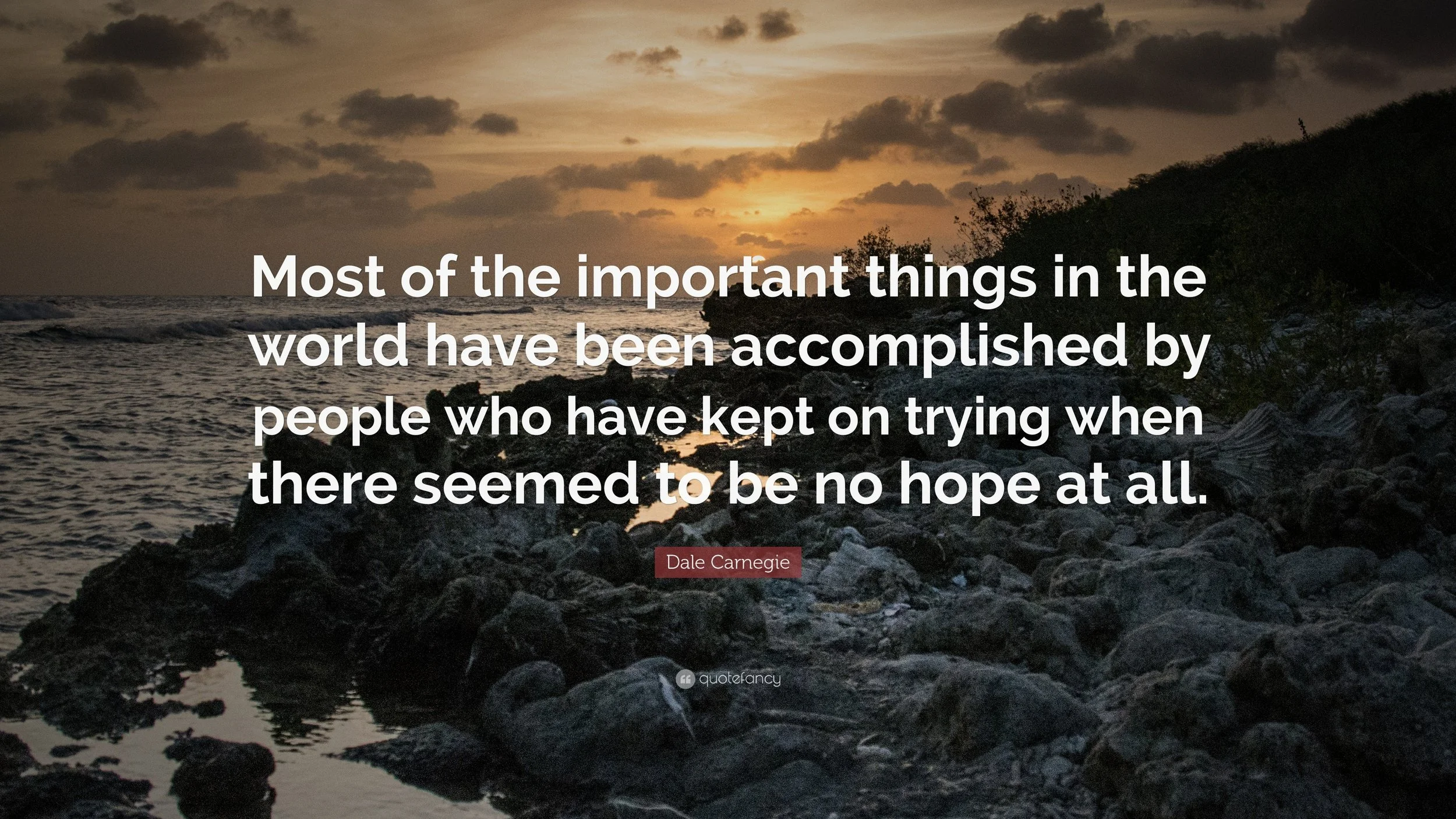
The Power of Humor
Often, though not always, what we mean is that humor makes us feel better. Humor is an important tool in relationships of all kinds, and humor comes up often during therapy. For example, “Opposite Action” is a coping skill commonly taught in Dialectical Behavior Therapy. Opposite Action is doing the opposite of what you feel to counteract the feeling or urge. In the case of humor, it could mean making a joke or attempting to laugh when you are feeling sad. Laughter can also bring people together, in the case of a shared sense of humor, or an inside joke, or can help us process an embarrassing event or moment.

A Beginner’s Guide to Radical Acceptance
Radical acceptance, developed by Marsha Linehan as a part of Dialectical Behavioral Therapy, or DBT, is the act of accepting experiences as they are, and not trying to force change. This can mean accepting the fact that you are feeling depressed, accepting that you are feeling let down by a friend, or, even accepting that you might not get enough sleep. The idea behind radical acceptance is if we accept that we have pain, we limit suffering. When we radically accept our own emotions or experiences, we feel more in control.

Be Careful, Be Brave
Spend time on any playground or park and you will hear adults (or even yourself) calling out to kids to “be careful”. We have the best of intentions and just want to keep our kids safe. We do not want our kids to get hurt. The internet is at our fingertips, telling us all of the terrible things that can happen to kids. We want them to be mindful of their surroundings. However, as great as our intentions are, telling our kids to “be careful” can actually be harmful to them. Here are four reasons why we should stop telling out kids to “be careful” and what to say to them instead.

Unhelpful Things to Say to Someone with Anxiety
Anxiety is the experience of excessive worry or nervousness related to life experiences. Many people experience anxiety in some form at some point in their lives. However, some people struggle with anxiety on a much greater scale and with greater frequency. People who have intense or frequent anxiety often feel misunderstood and belittled by those around them, and have a hard time describing what they might be feeling in order to ask for help. What is unhelpful to say to someone with anxiety? What might you say instead?
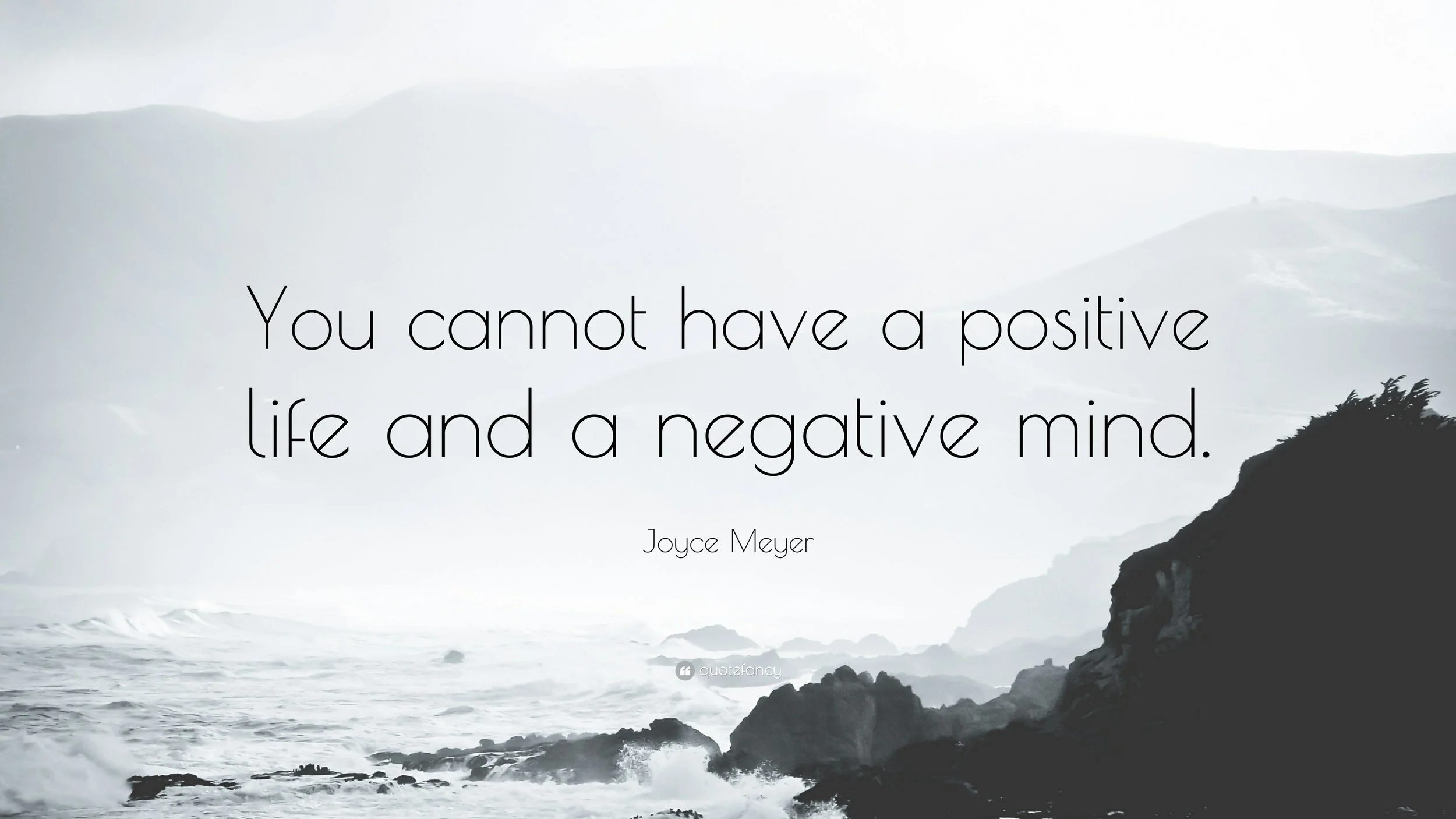
Positive Self Talk
According to growkidsminds.com, we talk to ourselves more than all other conversations combined. Self-talk makes up 80% of all of our communication! Self-talk is your internal dialog. It can be both negative and positive. What you say to yourself and how you say it matters. It influences how you feel and what you do. Positive self-talk is often a coping strategy we teach children (and adults) in therapy to decrease anxiety and depression and improve overall mood.

Assembling Your Coping Toolkit
A coping toolkit is exactly what it sounds like. It’s a collection of the coping skills, people, places, things, and ideas that help you to cope when symptoms of mental illness become overwhelming. Your tool kit is unique to you, and can be physical, mental, or some combination of the two. It depends on what works best for you. It can include ideas of where to go and what to do when you are experiencing overwhelming or distressing symptoms, it can include things like medication, it can even include a safety plan, if you ever experience self-harming behaviors or suicidal ideation or attempts.
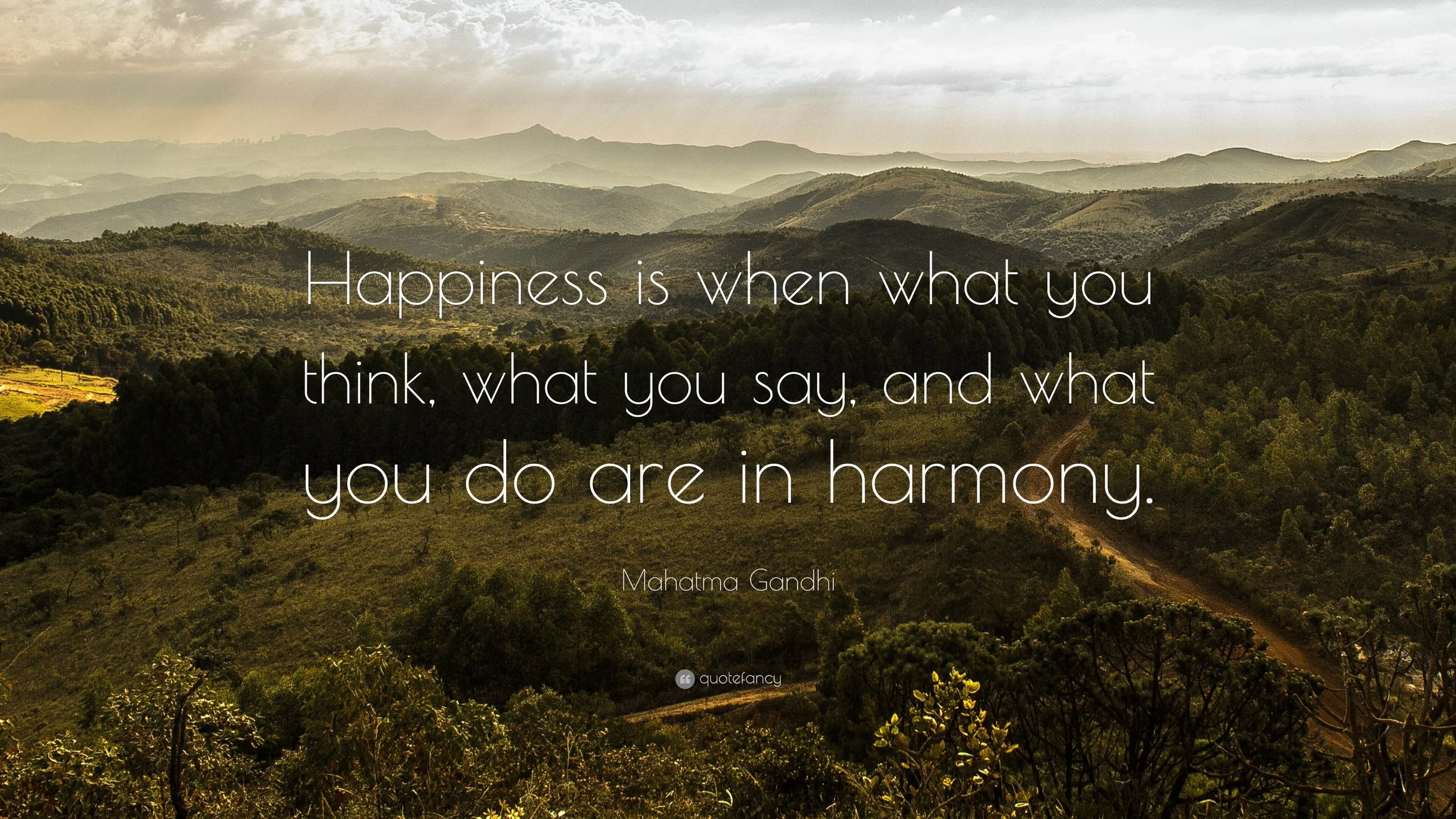
The Dangers of Toxic Positivity
Often, toxic positivity creates a feeling of guilt for experiencing negative emotions at all. It can be trivializing to others’ experiences. If you are having a rough day, sometimes relying on positive vibes are enough to make you feel better. However-with depression, anxiety, and other mental illnesses-thinking positively does not make the symptoms go away. What this attitude does, instead, is imply that mental illness is simply a mindset that someone can get over.

How to Stop Overthinking: Tools to Quiet Your Inner Critic
Do you ever feel like your mind won’t stop talking? Maybe you lie in bed at night thinking about something you said, something you did, or something that might happen tomorrow. That is called “overthinking”, and it can make you feel very tired, sad, or even scared.
You’re not alone. Lots of people overthink. The good news is, you can learn to quiet your thoughts and feel more calm. Let’s talk about what overthinking is, why it happens, and some simple ways to help your brain slow down.

My Insurance is Changing - Help!
As many of us in the Champaign/Urbana community know, Health Alliance is closing its doors at the end of 2025. While this leaves many of us confused, surprised, and saddened, it also brings up a lot of questions for those of us who have Health Alliance insurance, and some general questions. What happens now? What insurance provider will I have? Will my medical providers be in network? What even is a deductible?

Holiday Anxiety: Ways to cope this Season with Quick, Practical Tips to Help
Holiday anxiety can turn what’s often considered the most joyful time of year into a period of stress and dread. During the time of year marked by twinkling lights, cooler air, and the aroma of holiday scents, a silent struggle looms for many people: a holiday season marked by increased anxiety and mental health challenges. We are told that we should relax, savor the joy of the season, spend time with loved ones, and lean into all the season has to offer. And while all of that sounds great in theory, many people face a myriad of complex emotions that challenge the notion that the season is supposed to be marked with simplicity, relaxation, and joy.
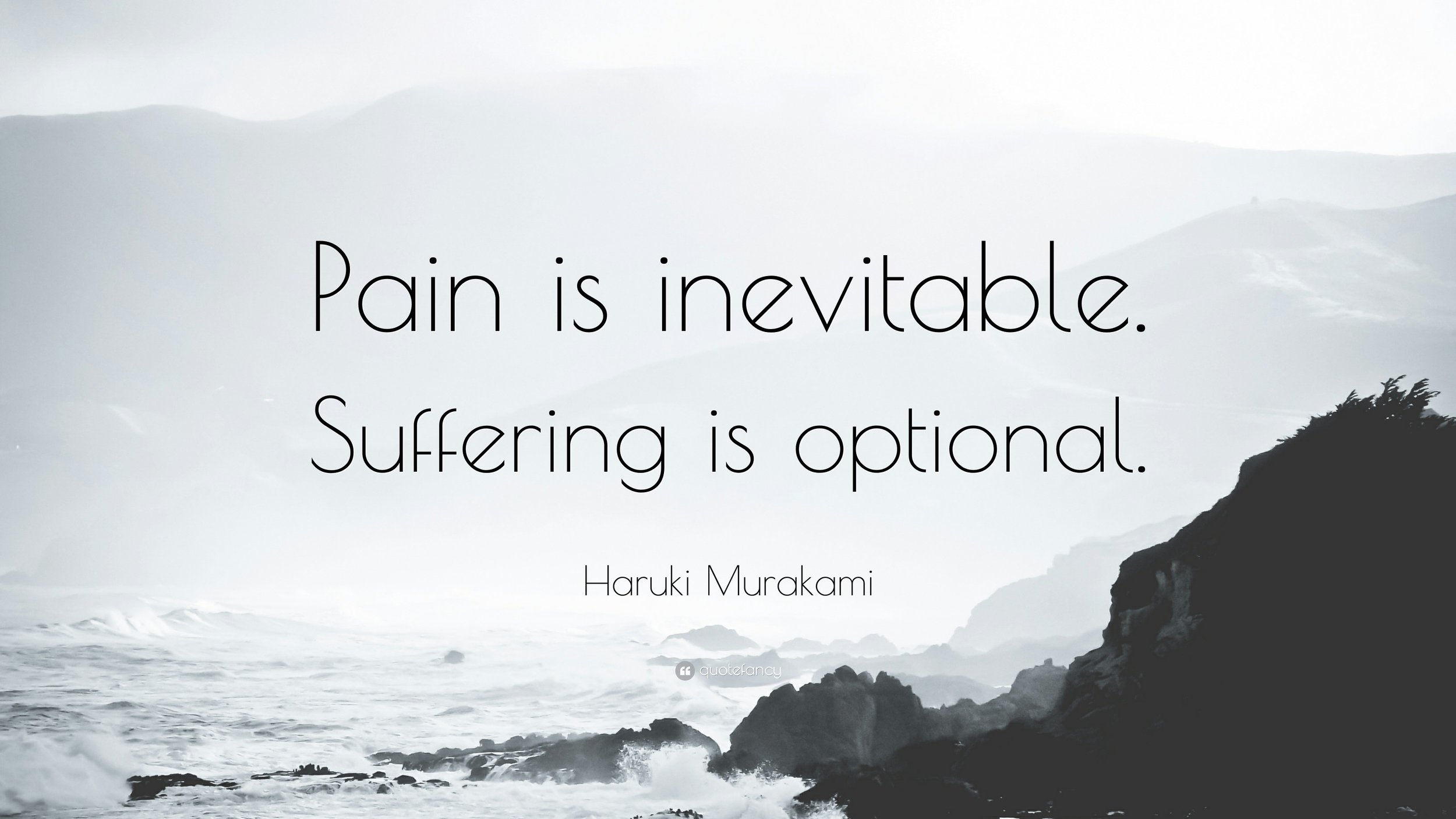
Your First Therapy Session
Therapy is a common recommendation when someone discusses stress, anxiety, depression, or relationship issues. As therapists, we love to see therapy being recognized as a valid treatment option, as well as normalized to reduce stigma. We love hearing people talk about their experiences in therapy on social media and in casual conversation. But what about those of us who have never been to therapy before? What is it like? How do we know it’s a good fit? Is every session like the first session? What is going to happen?
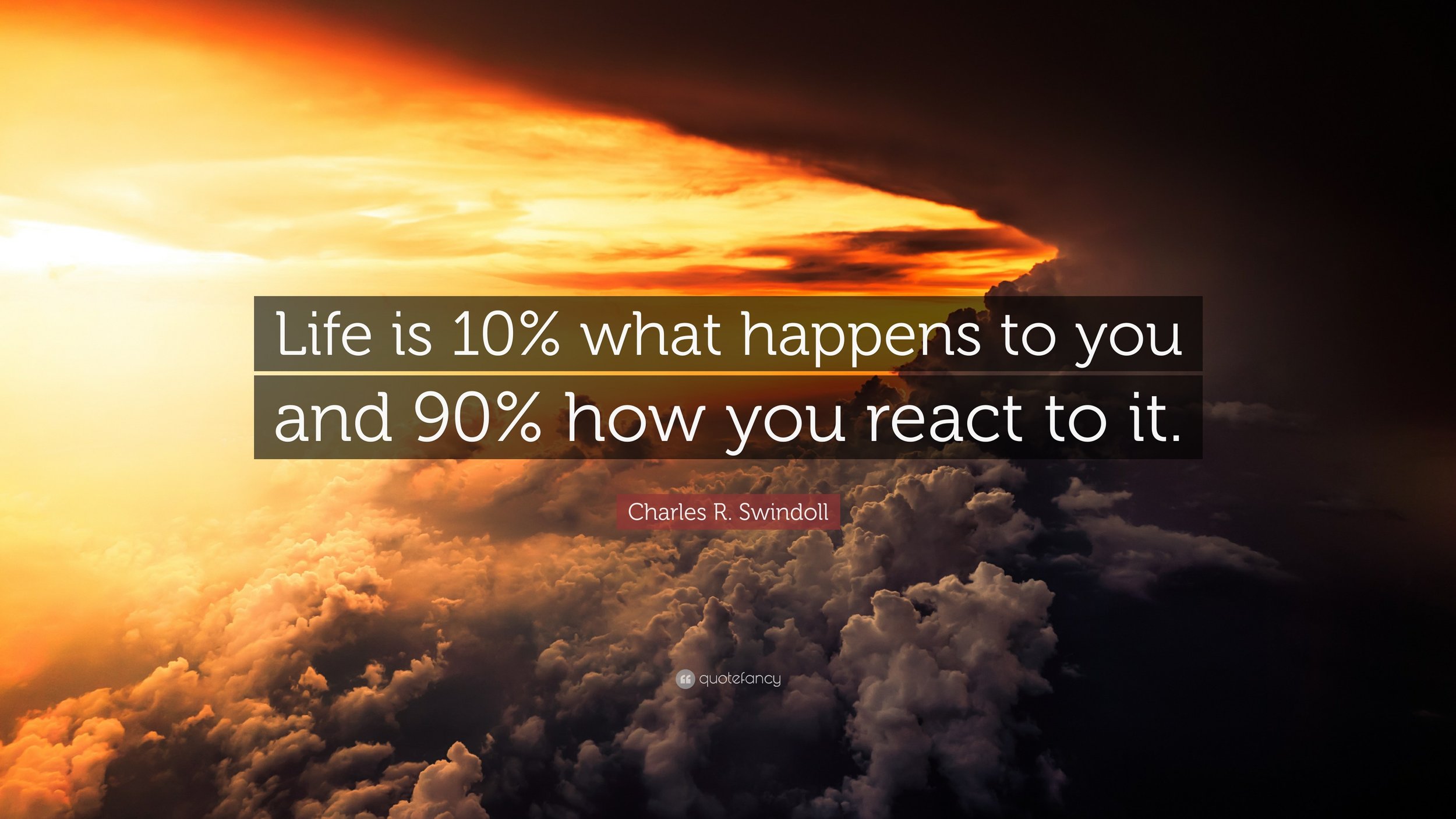
Climate Anxiety
Climate anxiety can both prevent and motivate people to address climate change through action. Different levels of climate anxiety have effects on motivation levels to act, which can ease the effects or address the causes of climate change. Surprisingly, some anxiety about climate change can be helpful in pushing us to take action, although too much or too little may result in not taking action at all.

Learning From Failure
The reality is failure is an inevitable part of life. Allowing children to fail early and often when they have your support prepares them to deal with failures as a teen and adult. But in a world where there is so much pressure on kids to succeed, as parents, it can be difficult to allow them to fail.

Time Outdoors and Your Mental Health
A study of 20,000 people in 2019 found that those who spent at lease 2 hours total per week outside in green spaces reported feeling healthy and a strong sense of well-being, across ethnicity, class, age, and abilities. Looking at nature or listening to natural sounds can help energize a tired brain in the middle of repetitive tasks.

A Study in FOMO
The fear of missing out has predated social media, but not by much. Social media has thrown FOMO into the spotlight since everyone can experience a daily dose of seeing the highlights of someone else’s day. In fact, the more that people use social media like Facebook morning, noon, and night, the more they tend to experience FOMO. But FOMO doesn’t originate from social media use alone. It also comes from general unhappiness and life dissatisfaction.
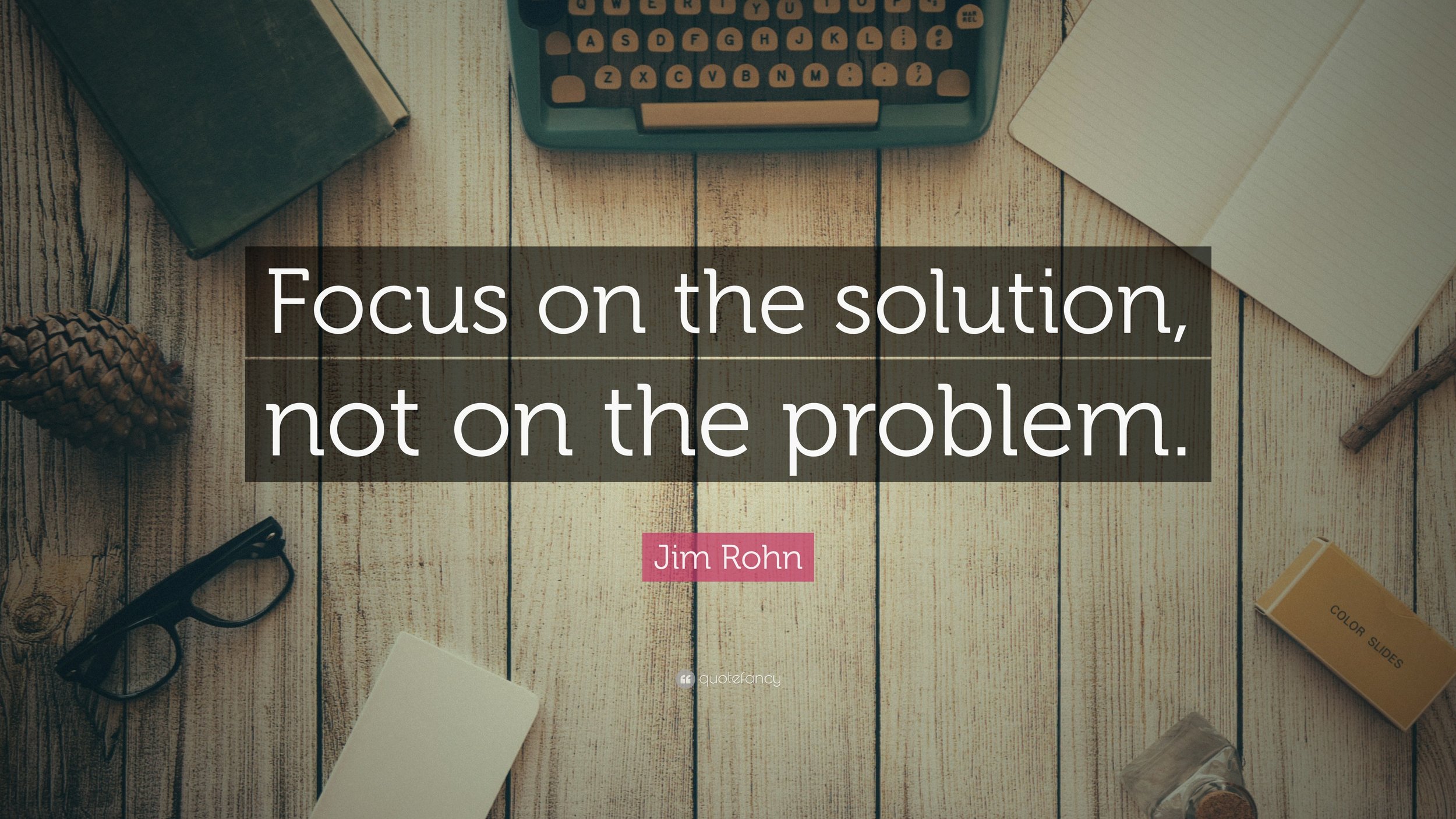
Building a Coping Kit
A coping kit is simply a list of skills and strategies a child can use when feeling anxious. It helps to practice these strategies when the child is already calm. Sometimes children can memorize their list of strategies but others may need to have them written down.

Anxiety - 5 Lesser Known Ways It Might be Affecting You
Anxiousness is part of the normal and healthy range of human emotion, and having a fear response is designed to keep us safe. It becomes a problem when it starts to affect your daily life, such as your health, relationships, work, or school.

The Lowdown on Loneliness: Who it impacts, how to cope, and ways to build connections.
You may find that you feel lonely even when in a group of people, around family or friends, or in a familiar social environment. This may mean that – for one reason or another – you don’t feel as connected to those you are around as you would like to, you don’t feel a true sense of belonging in a certain social environment, or you may feel misunderstood by the people you are with.

This is Your Brain (Walking) on Sunlight
To benefit from sunlight, the World Health Organization recommends getting brief, direct sun exposure for 5-15 minutes a couple times per week. This will help you receive a vitamin D boost and regulate serotonin levels.

Embrace the Healing Power of Laughter
Laughter is not only a pleasant experience; it is also a good way to improve your emotional well-being. Let’s start your journey to discover how laughter can be a new way for you to improve your mental health and identify easy ways to incorporate more laughter into your life.
